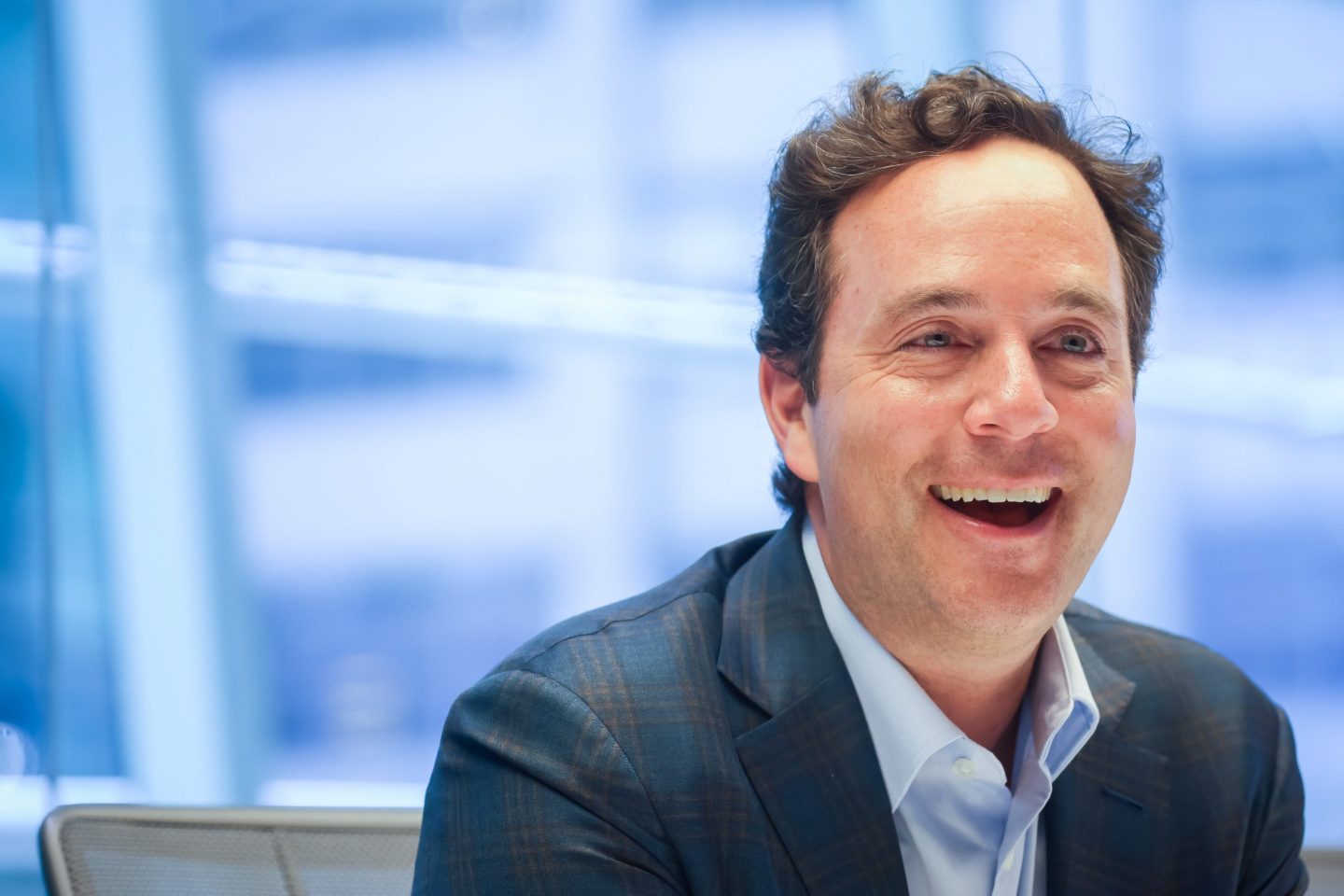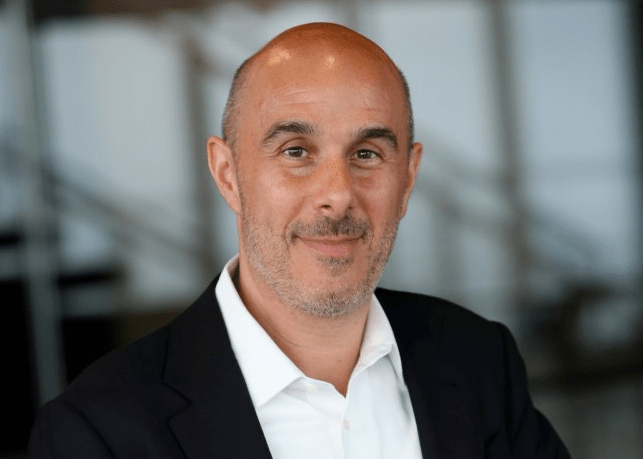Uncertainty is proving to be a major obstacle to President Donald Trump’s plans to revive the industrial sector as CEOs balk at making U.S. investments, according to a recent survey.
During a closed-door gathering Wednesday of top executives that was organized by the Yale School of Management, attendees were asked if they planned to invest more in U.S. manufacturing and infrastructure—and 62% said no.
Yale management professor Jeffrey Sonnenfeld told the Wall Street Journal that tariffs, immigration crackdown and economic worries have eroded their confidence about making new investments.
“They’re holding back doing anything,” he said.
Other findings from the poll showed that 71% believe tariffs have been harmful to their businesses, and about three-fourths agree with courts that have ruled Trump’s global tariffs are illegal.
To be sure, the Trump administration has secured pledges from top companies like Apple and Nvidia to invest in U.S. production. Earlier this week, pharmaceutical companies vowed to pour money into the U.S. as well.
The White House is also looking at ways to leverage $550 billion pledged by Japan in its trade deal with the U.S. to boost the construction of factories and other infrastructure, according to the Journal.
“The Administration is working closely with business leaders to restore America as the most dynamic economy in the world, and trillions in historic investment commitments reflect how the Administration is implementing an aggressive pro-growth agenda of tax cuts, deregulation, and energy abundance,” White House spokesman Kush Desai said in a statement. “These policies ushered in historic job, wage, economic, and investment growth in President Trump’s first term — and they’re set to repeat the success in President Trump’s second term.”
In a separate quarterly survey from the Business Roundtable released on Thursday, 38% of CEOs expect their companies to increase capital spending over the next six months, up from 28% in the second quarter. The share who see a decrease in capex dipped to 11% from 13%.
But Business Roundtable CEO Joshua Bolten suggested that view isn’t representative of manufacturers. And the capex subindex remains below where it was in the fourth quarter of 2024 as well as the first quarter of 2025.
“Though we are pleased to see some recovery in CEO plans for capex, there’s fragmentation among the various sectors, with trade-exposed industries like manufacturing facing headwinds,” he said in a statement accompanying the survey. “The President has secured some significant concessions in trade negotiations, and we urge our trading partners and the Administration to continue working together to remove harmful tariffs and non-tariff barriers.”
Among other results from Yale’s CEO poll, 80% said Trump’s pressure on the Federal Reserve wasn’t in the best long-term interests of the U.S., and 71% said Trump has weakened the Fed’s independence.
That’s as Trump has installed Stephen Miran as a Fed governor, who has taken the unprecedented step in not resigning from his post as White House economic adviser. Meanwhile, Trump continues to press his other unprecedented move to fire Lisa Cook from the Fed.
Discussion at the closed-door CEO gathering also focused heavily on “state capitalism,” according to the Journal, given the Trump administration’s deals with chipmakers to share revenue on exports to China, its “golden share” in U.S. Steel, its holdings of Intel stock, and its stake in mineral producer MP Materials, among some recent examples.
“The government should not choose winners or losers in sectors,” Snap-on CEO Nick Pinchuk told the Journal.













